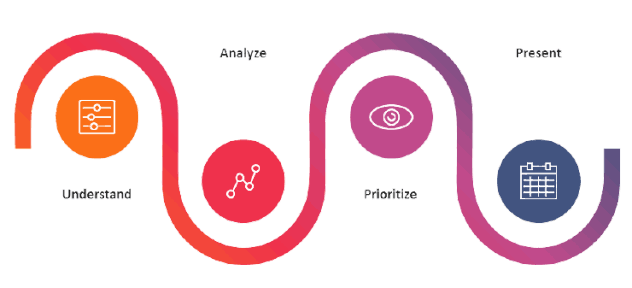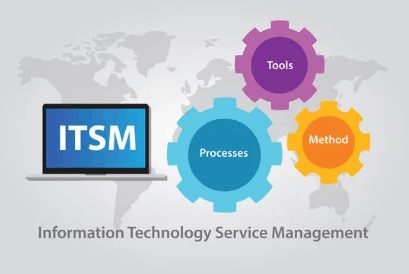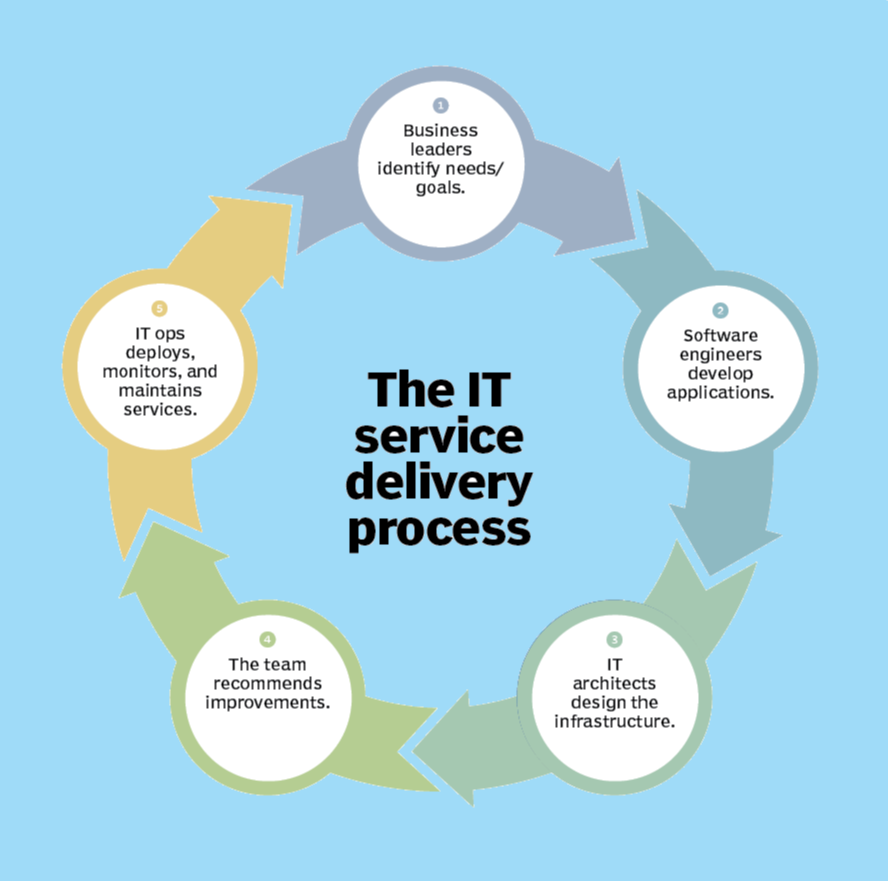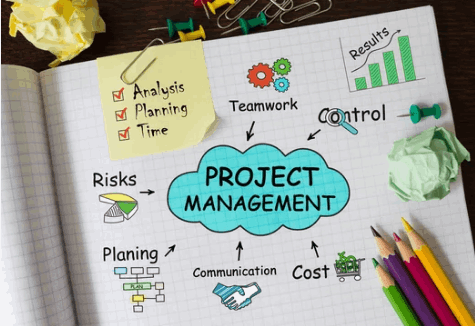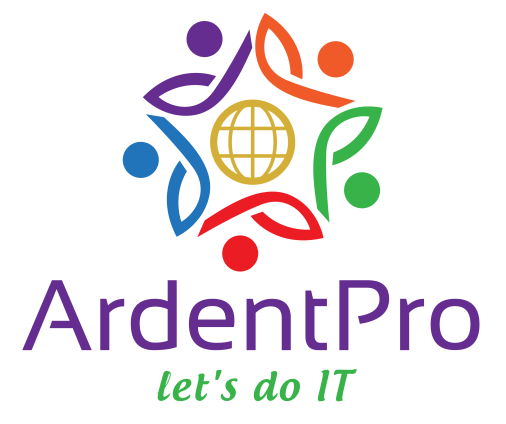APPROACH
As a first step, our team will understand your business needs and priorities, analyze the current state of IT, risks, and security requirements. In addition, with reasonable adoption of best practices and frameworks as a benchmark, prepare and submit a gap analysis, strategy, and road map for you. Upon agreement, we help you select a suitable service from our portfolio and determine the best engagement model for your budget to get started.
